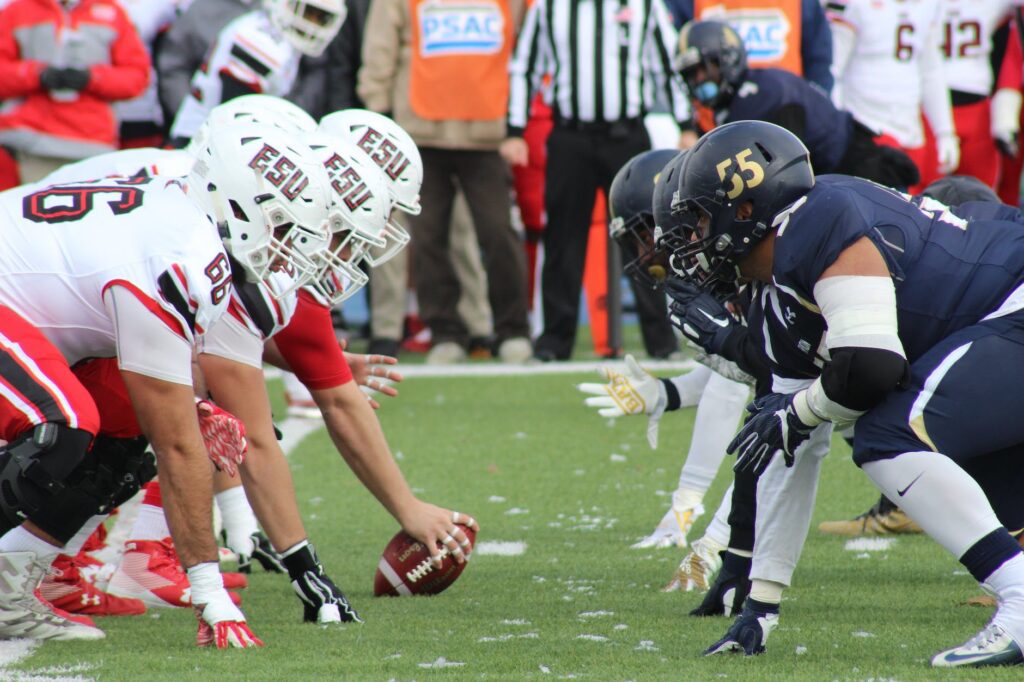As an athlete nutrition plays a pivotal role in enhancing performance, recovery, and overall health. The moment I stepped into the world of sports, I realized that athlete nutrition is nothing short of a science. It’s not just about eating more, it’s about consuming the right nutrients in the right proportions. Every meal, every snack, and even every sip of water, counts.
Athlete nutrition is a dynamic field that requires both knowledge and practice. It’s not just about the calories, but also about the timing, quality, and balance of nutrients. As athletes, we need to understand that our bodies are like machines, and the fuel we feed them determines how well they perform.
My journey into understanding the science of athlete nutrition has been enlightening. I’ve learned that it’s not a one-size-fits-all approach. Every athlete is unique, with different nutritional needs depending on their sport, training schedule, and personal health goals.
The Science of Nutrition for Athletes
Athlete nutrition is based on the science of how our bodies utilize nutrients for energy, growth, and repair. As an athlete, nutrition goes beyond basic survival. It’s about optimizing performance. This means understanding the role of macronutrients (carbohydrates, proteins, and fats) and micronutrients (vitamins and minerals) in our bodies.
Carbohydrates, for instance, are the primary source of energy for our muscles. When we consume carbohydrates, our bodies break them down into glucose, which is then stored in our muscles and liver as glycogen. During exercise, our bodies tap into these glycogen stores for energy.
Proteins, on the other hand, are crucial for muscle recovery and growth. They’re made up of amino acids, the building blocks of our muscles. Consuming adequate protein helps repair muscle damage incurred during training, and promotes muscle growth.
Fats are also essential in athlete nutrition. They provide a concentrated source of energy, and are necessary for the absorption of fat-soluble vitamins. They also play a role in maintaining healthy skin and hair, and in the production of hormones.
Importance of Nutrition in Athletic Performance
Nutrition plays a vital role in athletic performance. The right nutrients can enhance performance, speed up recovery, prevent injury, and promote overall health. Conversely, poor nutrition can impair performance, delay recovery, increase the risk of injury, and lead to health problems.
The importance of nutrition in athletic performance became apparent to me when I noticed a correlation between my diet and my performance. When I fueled my body with nutrient-dense foods, I performed better, recovered faster, and felt healthier. However, when I neglected my nutrition, my performance suffered, my recovery was slower, and I felt sluggish.
This revelation was a game-changer for me. It made me realize that as an athlete, I’m not just training my body, I’m also nourishing it. This means making conscious dietary choices that support my training, recovery, and health goals.
How Diet Affects Athlete Performance
Diet directly affects athlete performance. The nutrients we consume provide the energy we need to perform, the building blocks to repair and grow our muscles, and the micronutrients to support various bodily functions.
Diet also affects our hydration status. Staying hydrated is crucial for performance as it helps regulate body temperature, lubricate joints, and transport nutrients throughout the body. Even slight dehydration can impair performance and cognitive function.
Furthermore, diet influences our body composition. The proportion of muscle, fat, and bone in our bodies can impact our performance. For example, excess body fat can slow us down, while adequate muscle mass can enhance strength and power.
Key Components of an Athlete’s Diet
The key components of an athlete’s diet include carbohydrates, proteins, fats, vitamins, minerals, and fluids. As an athlete, it’s important to consume a balance of these nutrients to meet our energy, growth, recovery, and health needs.
Carbohydrates should make up about 45-65% of an athlete’s diet. They provide the energy needed for training and competition. Complex carbohydrates, such as whole grains, fruits, and vegetables, are preferred as they provide sustained energy.
Proteins should make up about 10-35% of an athlete’s diet. They support muscle recovery and growth. High-quality proteins, such as lean meats, poultry, fish, eggs, and dairy, are recommended as they provide all the essential amino acids.

Fats should make up about 20-35% of an athlete’s diet. They provide a concentrated source of energy, and are necessary for the absorption of fat-soluble vitamins. Healthy fats, such as avocados, nuts, seeds, and olive oil, are preferred over unhealthy fats, such as fried foods and trans fats.
Vitamins and minerals are also crucial in an athlete’s diet. They support various bodily functions, such as energy production, bone health, and immune function. Consuming a variety of nutrient-dense foods can help meet these needs.
Lastly, fluids are essential for hydration. Water is the best choice, but sports drinks can also be beneficial during prolonged, intense exercise.
Optimal Dietary Choices of Top-Performing Athletes
Top-performing athletes understand the importance of nutrition in their performance. They make optimal dietary choices to support their training, recovery, and health goals.
These athletes prioritize nutrient-dense foods over empty-calorie foods. They focus on whole foods, such as fruits, vegetables, whole grains, lean proteins, and healthy fats. They also pay attention to portion sizes to ensure they’re meeting their energy needs without overeating.
Top-performing athletes also understand the importance of meal timing. They consume a balanced meal or snack before training to fuel their bodies, and a protein-rich meal or snack after training to support muscle recovery.
Furthermore, these athletes stay hydrated throughout the day, and increase their fluid intake during exercise to replace the fluids lost through sweat.
Athlete Nutrition: Case Studies of Top Performers
Many top performers attribute their success to their nutrition. For instance, Serena Williams, one of the greatest tennis players of all time, follows a plant-based diet to fuel her performance. She consumes a variety of fruits, vegetables, whole grains, and plant proteins to meet her nutritional needs.
“Exercise is king. Nutrition is queen. Together, they build a kingdom of optimal health and performance.”
Another example is Tom Brady, one of the greatest football players of all time. He follows a strict diet that focuses on anti-inflammatory foods and avoids processed foods. He believes this diet has contributed to his longevity in the sport.
These case studies highlight the importance of athlete nutrition. They show that the dietary choices of top performers are intentional and strategic. They’re designed to support their performance, recovery, and health goals.
Common Misconceptions About Athlete Nutrition
There are several misconceptions about athlete nutrition. One common misconception is that athletes need to consume a high-protein diet. While protein is important for muscle recovery and growth, consuming excess protein can lead to health problems. Instead, a balanced diet that includes adequate protein is recommended.
Another misconception is that athletes need to consume sports drinks during exercise. While sports drinks can be beneficial during prolonged, intense exercise, they’re not necessary for shorter, less intense workouts. Water is usually sufficient for hydration.
A third misconception is that athletes can eat whatever they want because they burn a lot of calories. While athletes do have higher energy needs, they still need to make healthy dietary choices. Consuming empty-calorie foods can impair performance and lead to health problems.
The Future of Athlete Nutrition
The future of athlete nutrition is promising. As more research is conducted, we’re gaining a deeper understanding of how nutrition affects athletic performance. This is leading to more personalized nutrition strategies that take into account an athlete’s sport, training schedule, body composition, and genetics.
Furthermore, advancements in technology are making it easier for athletes to monitor their nutrition. There are now apps that can track nutrient intake, hydration status, and body composition. There are also wearable devices that can monitor metabolic rate and energy expenditure.
These advancements are revolutionizing athlete nutrition. They’re allowing athletes to take a more proactive, informed approach to their nutrition. This, in turn, is enhancing their performance, recovery, and overall health.

Conclusion
The science of athlete nutrition is fascinating. It’s about understanding the role of nutrients in our bodies, and making dietary choices that support our performance, recovery, and health goals. As an athlete, nutrition is not just a part of my training, it’s a part of my lifestyle. It’s a commitment to nourishing my body with the right nutrients, in the right proportions, at the right times. And it’s a commitment that’s worth every bite.
Exploring the Dynamics of Unity: An In-depth Look at Men’s Team Sports
Uncovering the Unseen Connections: A Deep Dive into Sports Similarities





